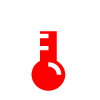Maryland (1632)
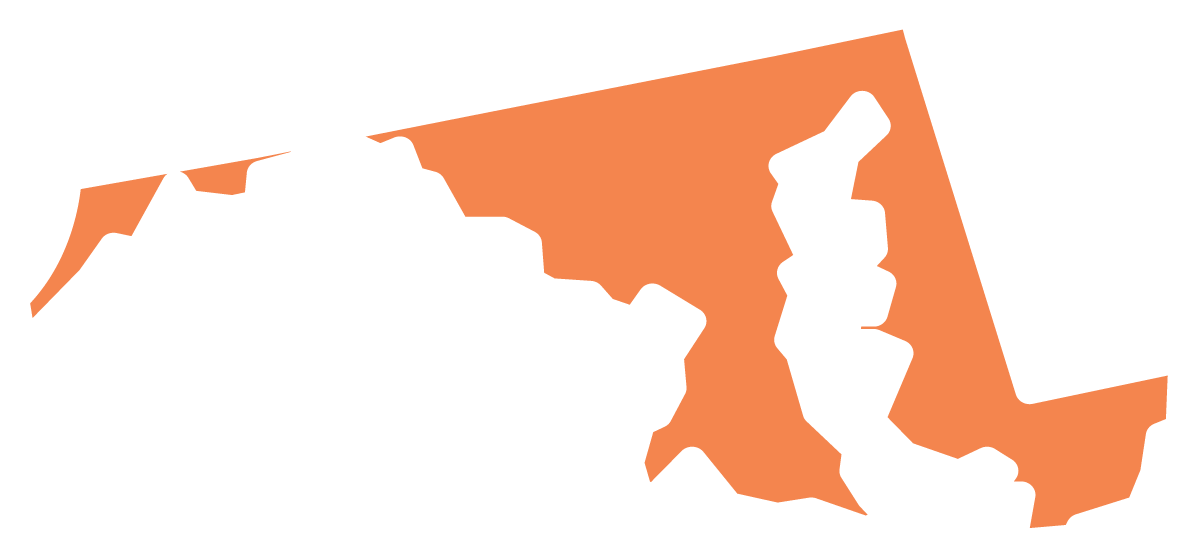
Climate/Geography

Warm climate

Sufficient rainfall for farming
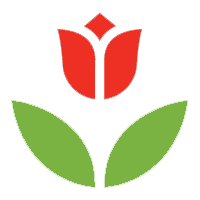
Long growing season
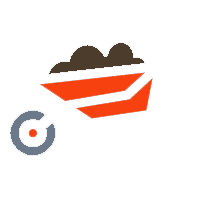
Fertile soil

Extensive river systems
Commerce/Production
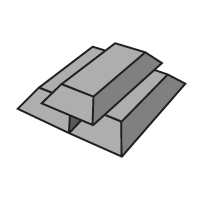
Shipbuilding, iron works, and local textile manufacturing

Labor: Forced migration and enslavement of Africans and indentured servants from Europe
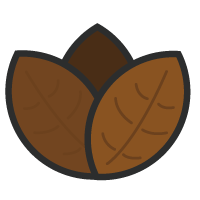
Farming economy based on large tobacco plantations

Good harbors for fishing and commerce
Culture

Proprietary colony: Government officials selected by the proprietor

Religious haven for Catholics

Religious freedom for all residents
Pennsylvania (1682)
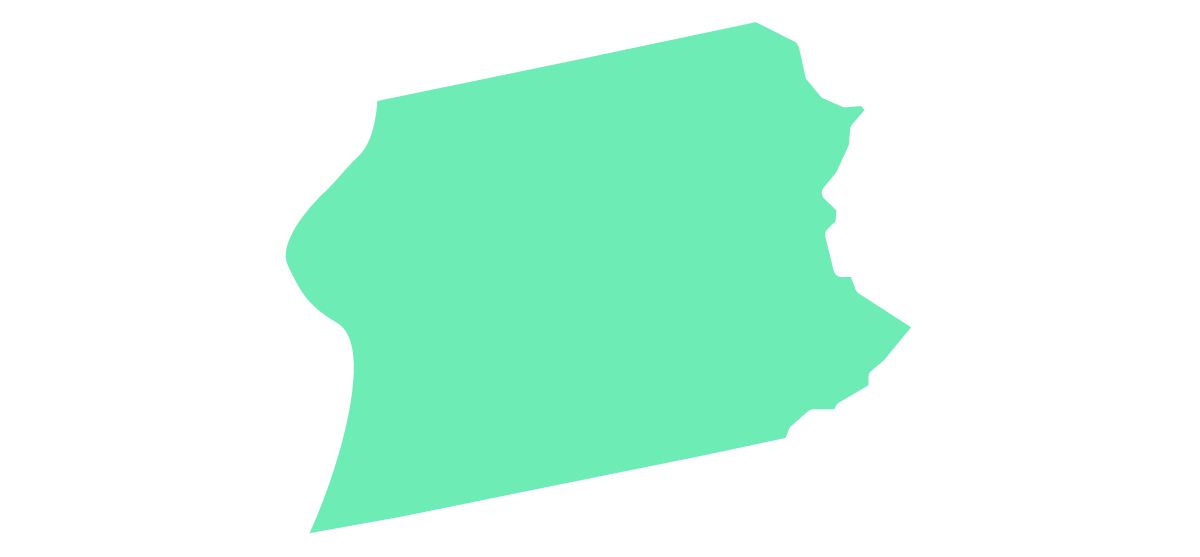
Climate/Geography
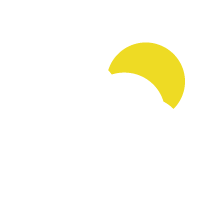
Moderate, temperate climate

Sufficient rainfall for farming

Many lakes, rivers, and good harbors
Commerce/Production
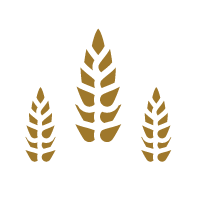
In the “breadbasket” of colonial America: Plentiful corn and wheat grown on farms

Labor supplemented by indentured servants and enslaved Native American and African people

Small textiles and iron businesses
Culture

Proprietary colony: Major government officials selected by the proprietor

William Penn sought religious haven for Quakers

Religious freedom for all residents
New Hampshire (1629)
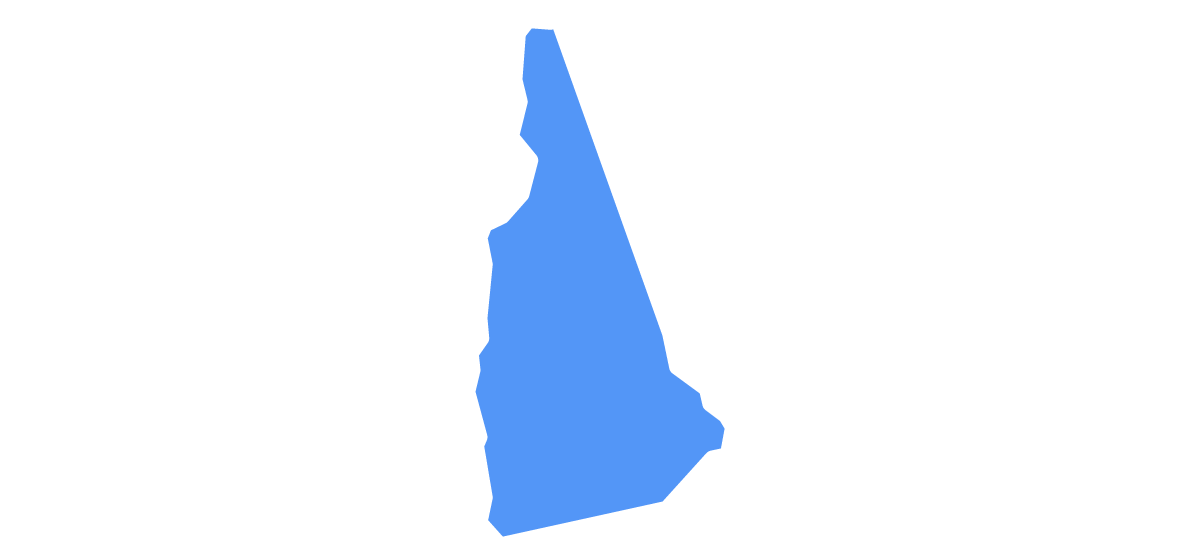
Climate/Geography

Long, cold winters

Moderate summers

Dense forests
-
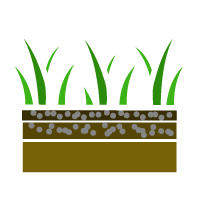
Rocky soil

Mountains and steep hills
Commerce/Production

Mostly family farms

Labor supplemented by indentured servants and enslaved Native American and African people

Fishing, whaling, logging
Culture

Royal colony: Government officials selected by the king

Mostly Puritan population

Town meetings: The beginning of direct democracy
Massachusetts (1628)
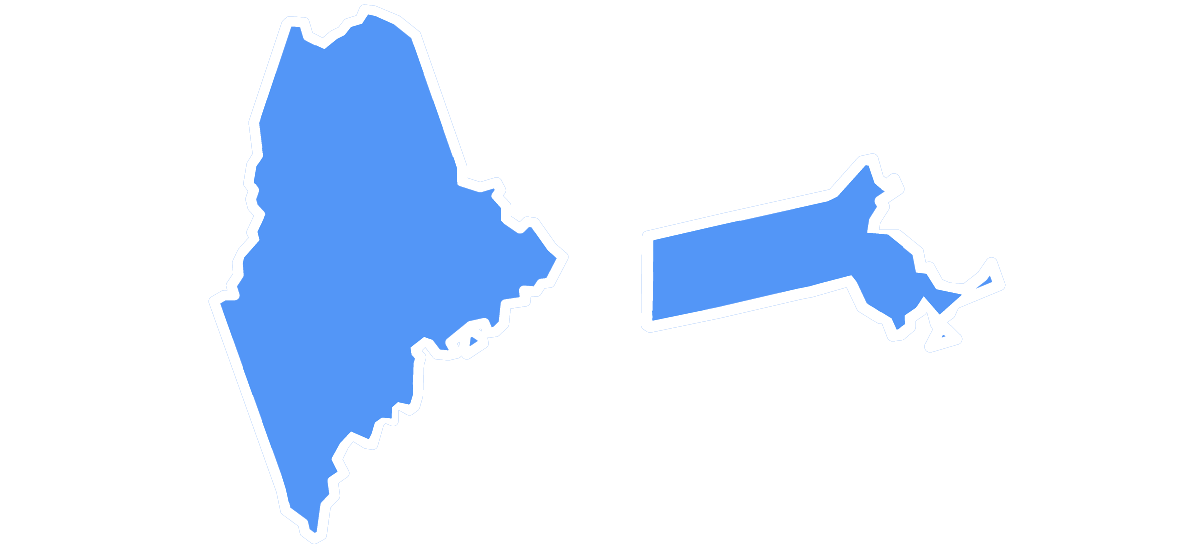
Climate/Geography

Long, cold winters

Moderate summers

Plentiful forests

Rocky soil
Commerce/Production

Mostly family farms

Labor supplemented by indentured servants and enslaved Native American and African people

Fishing, whaling, logging
Culture

Royal colony: Government officials selected by the king

Mostly Puritan population

Town meetings: The beginning of direct democracy
Rhode Island (1636)

Climate/Geography

Long, cold winters

Moderate summers

Plentiful forests

Rocky soil
Commerce/Production

Mostly family farms

Labor supplemented by indentured servants and enslaved Native American and African people

Fishing, whaling, logging
Culture
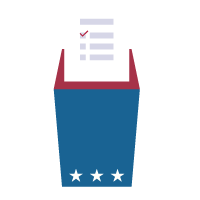
Charter colony: Government officials selected by the people

Founded by Roger Williams with religious freedom for all residents

Town meetings: The beginning of direct democracy
Connecticut (1636)

Climate/Geography

Long, cold winters

Moderate summers

Plentiful forests

Rocky soil
Commerce/Production

Mostly family farms

Labor supplemented by indentured servants and enslaved Native American and African people

Fishing, whaling, logging
Culture

Charter colony: Government officials selected by the people

Founded by Thomas Hooker with religious freedom for all

Town meetings: The beginning of direct democracy
New York (1626)
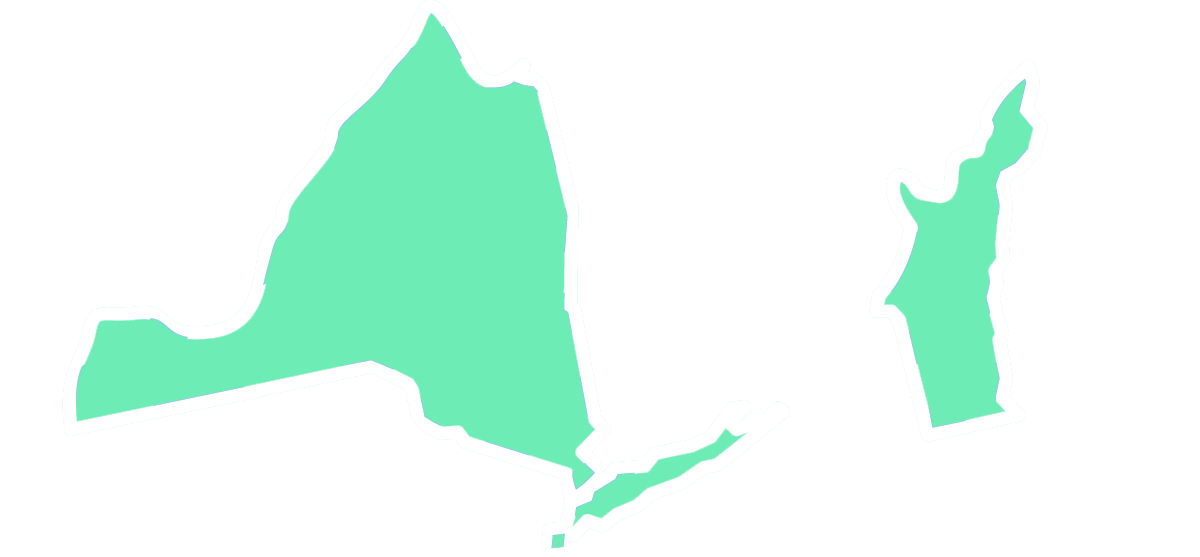
Climate/Geography

Moderate, temperate climate

Sufficient rainfall for farming

Many lakes, rivers, and good harbors

Fertile soil
Commerce/Production

In the “breadbasket” of colonial America: Plentiful corn and wheat grown on farms

Labor supplemented by indentured servants and enslaved Native American and African people

Small textiles and iron businesses
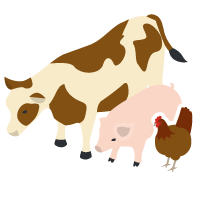
Raising livestock
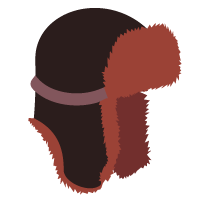
Fur trading with Native American tribes
Culture

Royal colony: Major government officials selected by the king

Religion: Primarily the Anglican Church. Some smaller congregations of other religions, including Dutch Reformed, Presbyterians, Methodists, Baptists, and Jews

Growing gap between upper classes (government officials, large landowners, and prosperous merchants) and lower classes (small farmers, craftsmen, laborers, and shopkeepers)
New Jersey (1664)
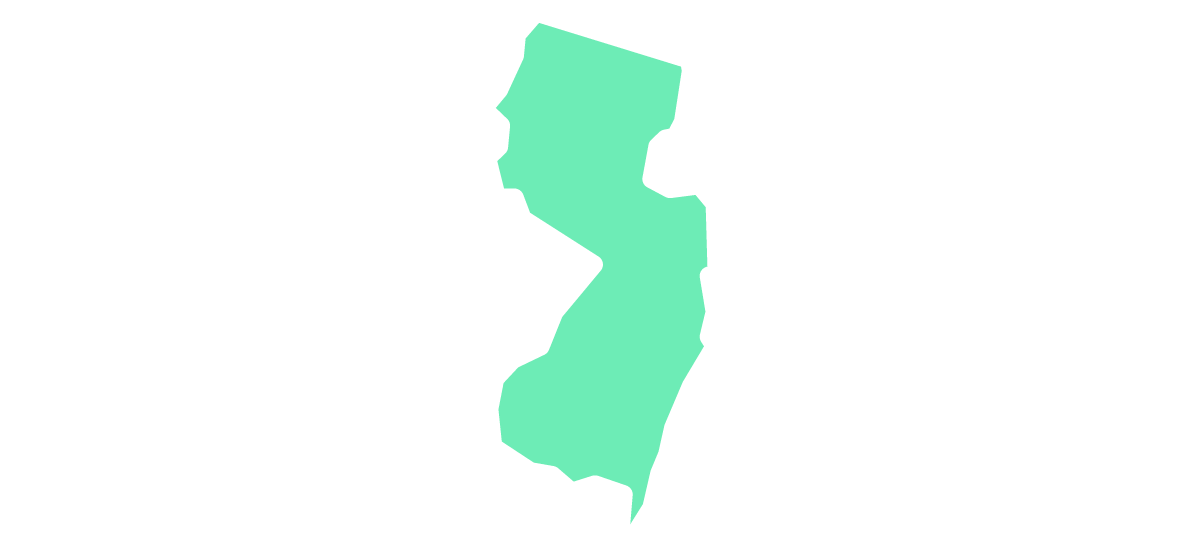
Climate/Geography

Moderate, temperate climate

Sufficient rainfall for farming

Many lakes, rivers, and good harbors

Fertile soil
Commerce/Production

In the “breadbasket” of colonial America: Plentiful corn and wheat grown on farms

Labor supplemented by indentured servants and enslaved Native American and African people

Small textiles and iron businesses

Raising livestock

Fur trading with Native American tribes
Culture

Royal colony: Major government officials selected by the king

Religious freedom for all residents

Simple living in self-built wooden homes and homemade furnishings, tools, and utensils
Delaware (1664)
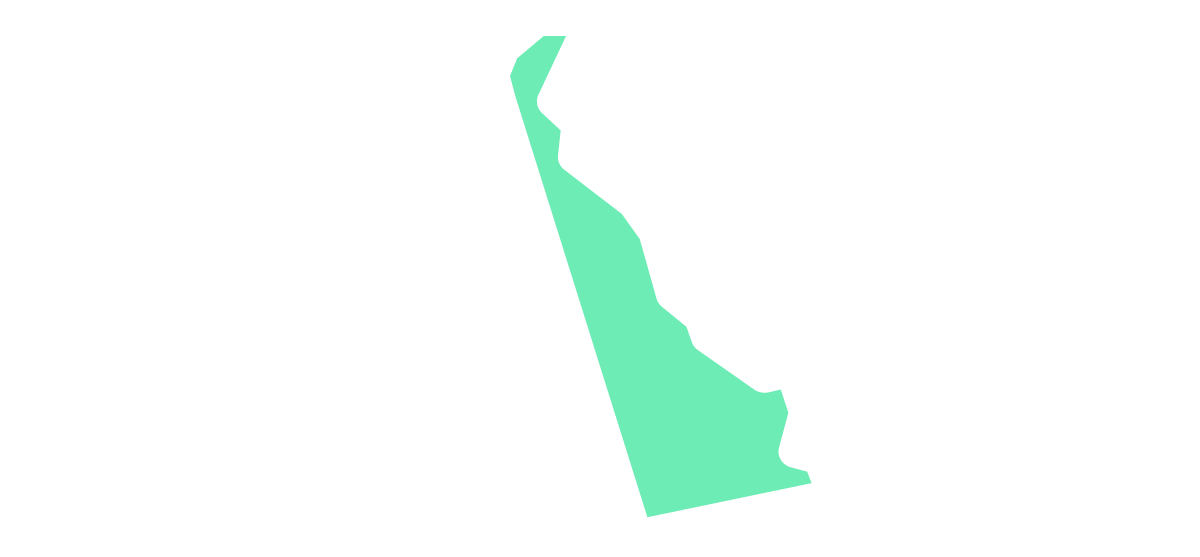
Climate/Geography

Moderate, temperate climate

Sufficient rainfall for farming

Many lakes, rivers, and good harbors

Fertile soil
Commerce/Production

In the “breadbasket” of colonial America: Plentiful corn and wheat grown on farms

Labor supplemented by indentured servants and enslaved Native American and African people

Small textiles and iron businesses
Culture

Proprietary colony: Major government officials selected by the proprietor

Religious freedom for all residents
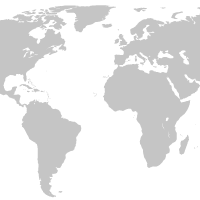
Many diverse European immigrants (Dutch, Swedes, Finns, French, Scots, and British)
Virginia (1607)
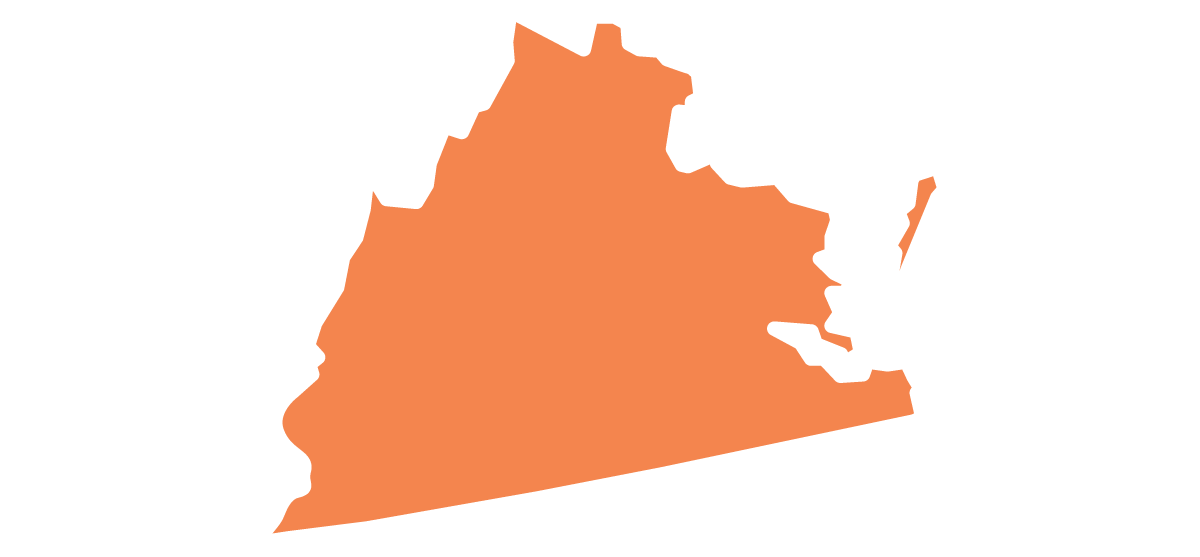
Climate/Geography

Warm climate

Sufficient rainfall for farming

Long growing season

Fertile soil

The Appalachian Mountains: a natural barrier between the English and French colonies in North America
Commerce/Production

Good harbors for commerce and transportation

Labor: Forced migration and enslavement of Africans and indentured servants from Europe

Farming economy based on large tobacco plantations
Culture

Royal colony: Major government officials selected by the king

Anglican Church became the “established” church of the colony

Growing gap between upper classes (government officials, large landowners, and prosperous merchants) and lower classes (small farmers, craftsmen, laborers, and shopkeepers)
North Carolina (1653)
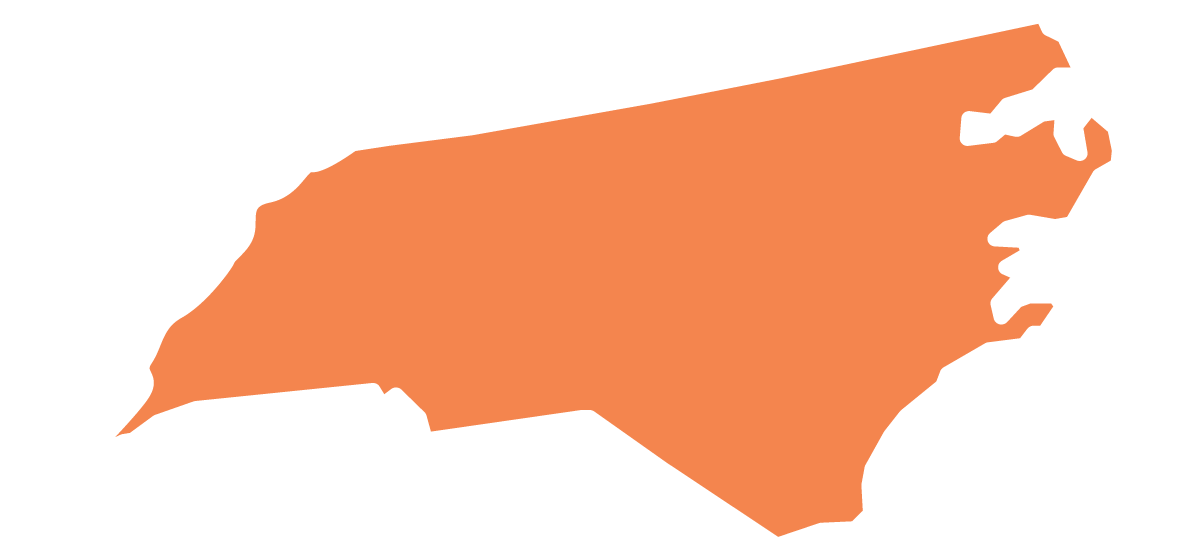
Climate/Geography

Warm climate

Long growing season

Mountain ranges and plateaus

Coastal plains
Commerce/Production

Cash crops of tobacco, cotton, and rice

Labor: Forced migration and enslavement of Africans, some indentured servants from Europe

Good harbors for fishing and commerce
Culture

Royal colony: Major government officials selected by the king

Religious freedom for all residents

Growing gap between upper classes (government officials, large landowners, and prosperous merchants) and lower classes (small farmers, craftsmen, laborers, and shopkeepers)
Georgia (1732)
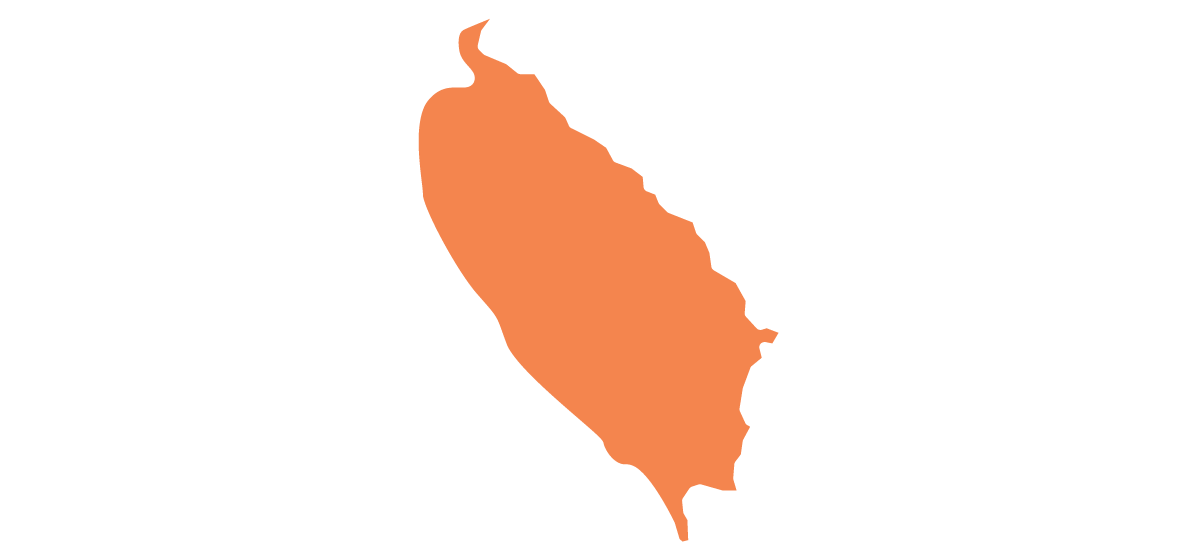
Climate/Geography

Warm climate

Long growing season

Hilly coastal plains

Plentiful forests
Commerce/Production

Cash crops of tobacco, cotton, rice

Labor: Forced migration and enslavement of Africans, some indentured servants from Europe

Good harbors for fishing and commerce
Culture

Refuge for persecuted English Protestants and poor and indebted people

Royal charter: Governed by twenty trustees

“Melting pot” of Protestant sects, including Anglicans, Lutherans, Puritans, Quakers
South Carolina (1663)
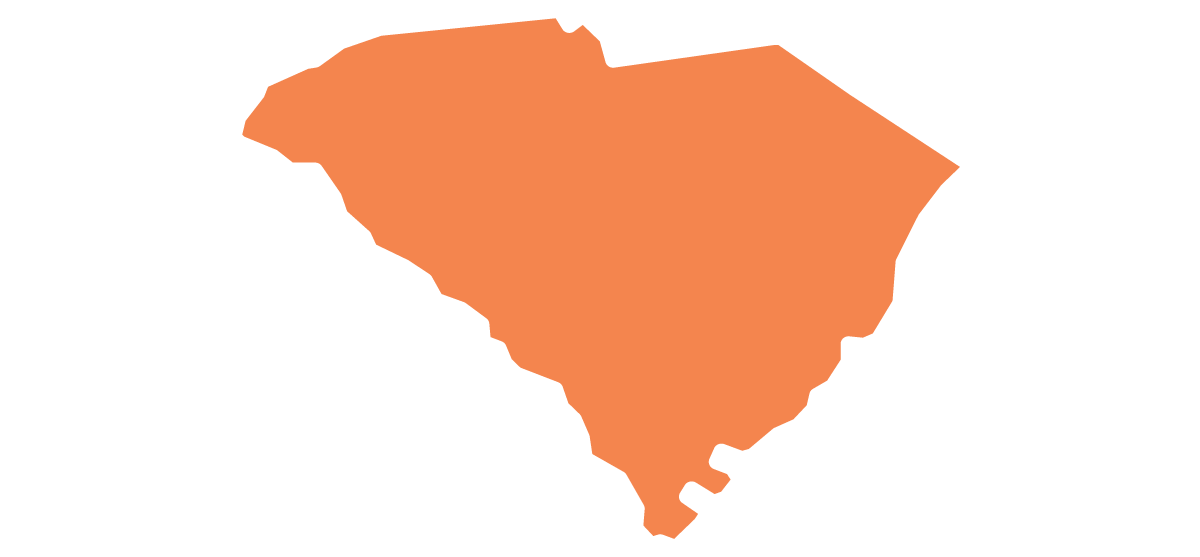
Climate/Geography

Warm climate
Commerce/Production

Cash crops of tobacco, cotton, rice

Labor: Forced migration and enslavement of Africans, some indentured servants from Europe

Good harbors for fishing and commerce
Culture

Royal colony: Major government officials selected by the king

Religious freedom for all residents

Growing gap between upper classes (government officials, large landowners, and prosperous merchants) and lower classes (small farmers, craftsmen, laborers, and shopkeepers)


